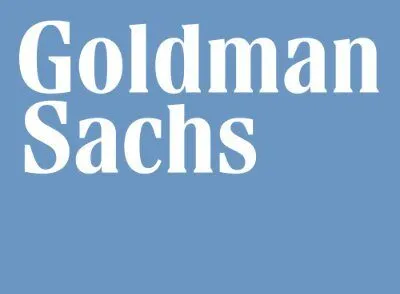Global investment bank Goldman Sachs said it sees the Nigerian naira gain more ground against the US dollar in the next twelve months.
The bank projected the exchange rate of the local currency to the greenback at 1200 in the short term on the back of policy reforms that could support the currency’s recovery.
In a research note issued late Thursday, the New York-based financial institution highlighted the recent upward interest rate adjustment by monetary authorities in Nigeria and a recent N1.6 trillion bill auction by the central bank as signals that the country is turning the tables on a previous unorthodox policy regime that hindered the naira from trading freely.
“These developments have prompted us to shift to a constructive outlook for the Naira, which our FX strategists expect to appreciate to NGN 1200 vs. the USD in 12 months,” Goldman Sachs said.
“That said, the policy steps implemented to date are only a first step in the right direction, and we think more follow-through is required to achieve a durable macro stabilisation.”
Outlook for the naira exchange rate has been upbeat after a raft of measures including clampdowns on street traders, whose speculative activities have pressured the currency for long.
The central bank at the end of January gave a tall order to lenders to ensure that the net open position limit of their foreign assets and liabilities does not “exceed 20 per cent short of 0 per cent long of shareholders’ fund unimpeded by loss,” giving them only 24 hours to comply with the directive.
In the days that followed, trading in the dollar, which had been in low supply in the currency market, more than doubled, with trade volume hitting $440 million on 3 February, the highest level since June 2022.
Goldman Sachs noted that improved capital inflows and the recent shift from negative real rates (a situation where the inflation rate surpasses the nominal interest rate) to positive real rates (where the nominal interest rate exceeds the inflation rate) indicate that “Nigeria is turning the corner following its recent currency crisis.”
The naira has lost about 70 per cent of its value against the dollar in the past nine months following two devaluation rounds.
Foreign participation in Nigerian assets surpassed $1 billion last month in a mark of increasing confidence of international investors in the fixed-income market, while remittances from abroad climbed more than four times to $1.3 billion.
Goldman Sachs stated that positive real interest rates and capital inflows are central to tackling Nigeria’s external liquidity crisis and challenges in the foreign exchange system.

